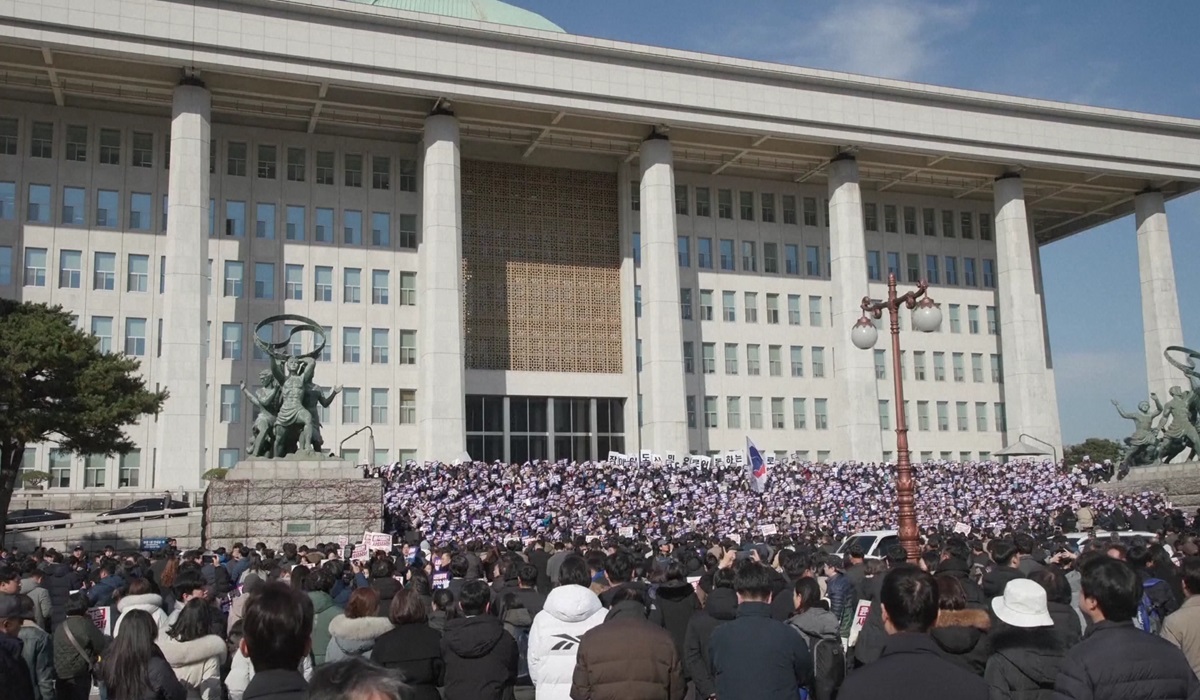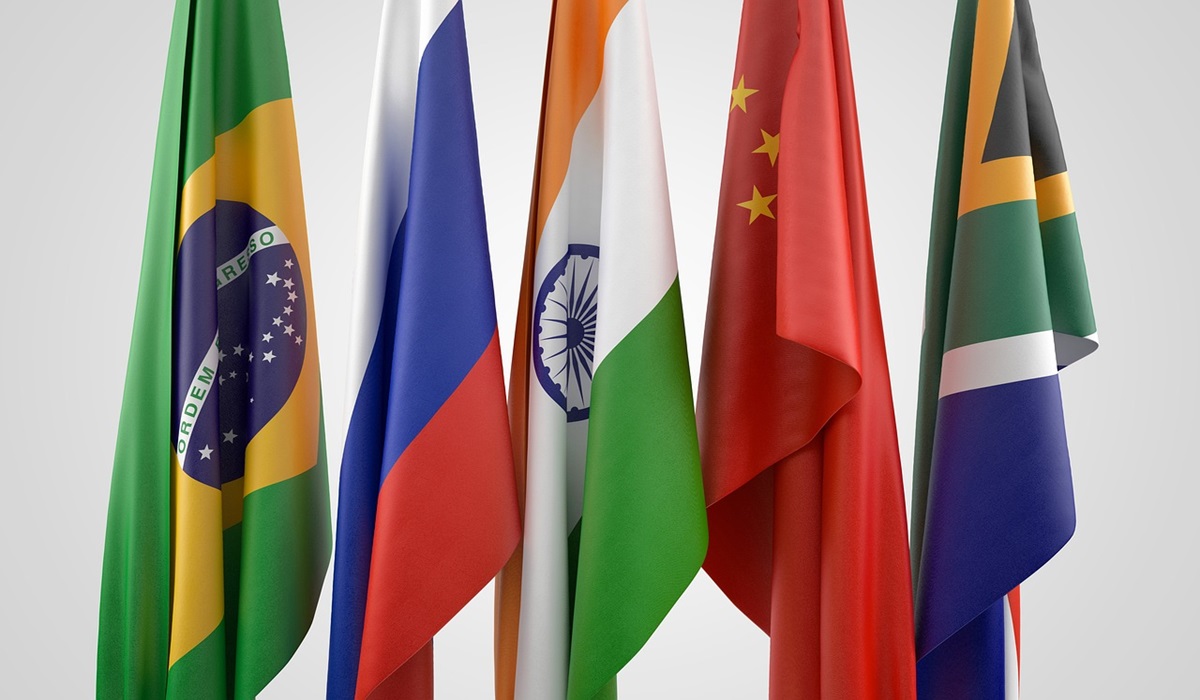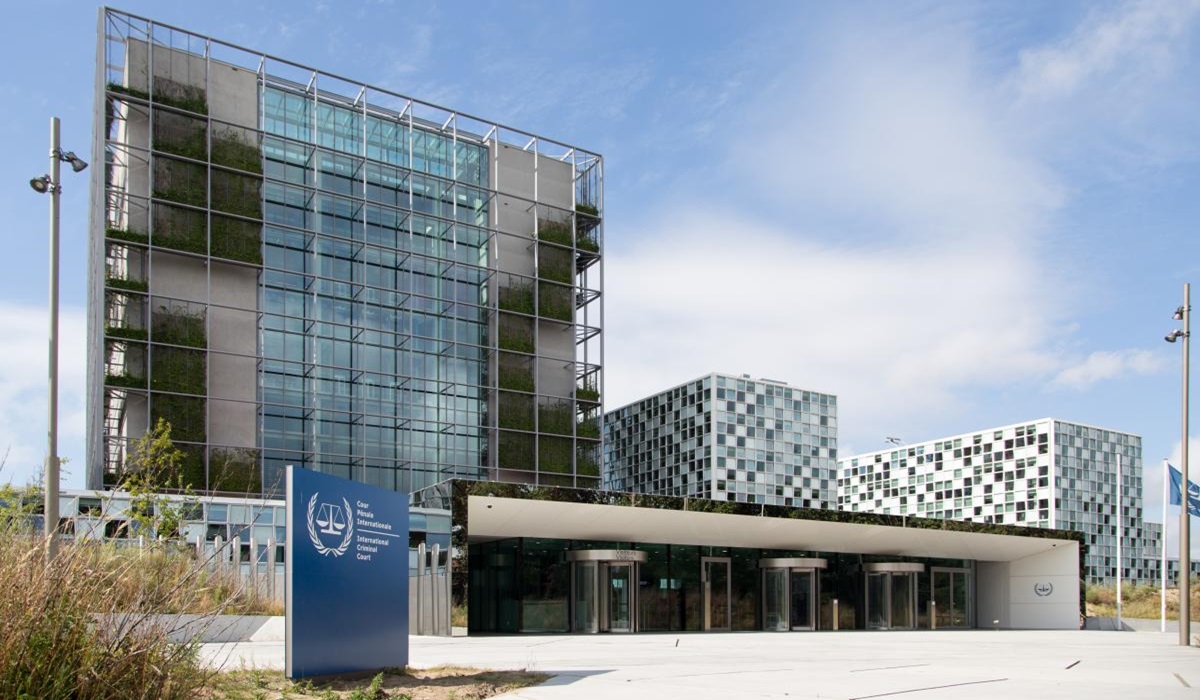South Korean President Lifts Martial Law Amid Backlash, Faces Impeachment Proceedings
- TDS News
- Breaking News
- December 4, 2024

In an unprecedented and controversial move, South Korean President Yoon Suk Yeol declared martial law earlier this week, citing alleged interference in the National Assembly by North Korean agents. The decision, which triggered massive protests and global criticism, has since been rescinded after overwhelming public and parliamentary opposition. With approval ratings at an abysmal 15%, President Yoon now faces impeachment proceedings as the nation reels from political upheaval.
The declaration was broadcast live on national television, with President Yoon alleging that members of the South Korean Parliament were under undue influence from North Korea, obstructing key legislative measures he wanted to pass. No evidence to support this claim has been provided. This explanation, coupled with the absence of any tangible state of emergency, immediately drew skepticism from lawmakers, civil society groups, and international observers.
The decision to impose such a drastic measure in peacetime shocked many, as such a measure is typically reserved for grave emergencies like war or major internal conflict. The last time South Korea enacted martial law was in 1980, during the Gwangju Uprising, a period marked by violent repression and authoritarian rule. The comparisons to that dark chapter in South Korean history amplified public outrage.
Within hours of the declaration, tens of thousands of South Koreans took to the streets, demanding an end to what they perceived as a power grab by an increasingly unpopular president. Protests erupted nationwide, with demonstrators waving banners that read, “No to dictatorship” and “Democracy first.” International leaders, including those from the United States and the European Union, issued statements urging restraint and respect for democratic norms.
By the third day, the National Assembly held an emergency vote rejecting martial law, effectively nullifying the president’s order. Facing mounting pressure, President Yoon announced the repeal of martial law in a televised address, acknowledging public sentiment. “All soldiers who performed their duties in relation to the emergency martial law acted under the orders of the Minister of Defense,” Kim said in a text message to reporters, attempting to distance himself from the fallout. “All responsibilities lie within myself.”
The fallout from the debacle has left the president politically isolated. Members of the National Assembly, including several from his own party, have initiated impeachment proceedings, accusing him of abusing executive power and undermining democratic principles. Opposition leaders have described the martial law declaration as a “reckless attempt to subvert democracy for personal gain.”
The impeachment process, which requires a two-thirds majority in the National Assembly and confirmation by the Constitutional Court, could take weeks to finalize. In the meantime, South Korea faces a period of uncertainty and instability, with significant implications for its regional and global alliances.
The crisis has also raised concerns among the approximately 28,500 U.S. troops stationed in South Korea, tasked with maintaining stability in the region. While the U.S. military has not commented directly on the situation, analysts warn that political instability in South Korea could embolden North Korea or strain diplomatic relations between Seoul and Washington.
As South Korea navigates this turbulent period, questions loom about the future of its leadership and the resilience of its democratic institutions. For many South Koreans, the events of the past week have been a stark reminder of the fragility of democracy and the importance of holding leaders accountable. The impeachment proceedings will likely serve as a litmus test for the nation’s commitment to democratic governance.
President Yoon ‘s political future hangs in the balance, but the enduring lesson from this episode may be the power of a mobilized and determined citizenry to safeguard democracy against overreach.








